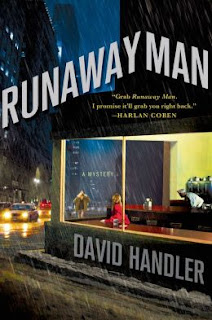 editor of Global Pentecostal and Charismatic Healing. Her work has been published in The Huffington Post, Psychology Today, and The Daily.
editor of Global Pentecostal and Charismatic Healing. Her work has been published in The Huffington Post, Psychology Today, and The Daily.Brown's new book is The Healing Gods: Complementary and Alternative Medicine in Christian America.
Recently I asked the author about what she was reading. Brown's reply:
As a professor of religious studies, much of my reading is goal-directed: focused either on research or teaching. I just finished Steven Green’s The Bible, the School, and the Constitution, a fascinating book that offers fodder for both my writing and my classrooms. The book reveals that many of today’s controversies over religion in public schools have been stewing since the nineteenth century. I came to this book having just finished testifying as an expert witness in a trial of yoga in public schools in Encinitas, California. The judgeLearn more about The Healing Gods at the Oxford University Press website, and follow Candy Gunther Brown on Facebook and Twitter.accepted the defense’s argument that yoga can be taught in public schools—even though it is religious—because it is not limited to any single religious sect or denomination and its moral character teachings align with universal values. What caught my attention is that these exact same arguments were used to promote prayer and Bible reading in public schools in the nineteenth century. But in the 1960s, the Supreme Court ruled that public schools cannot promote religion—including nonsectarian prayers and moral character teachings such as the Bible’s Ten Commandments, even if they are almost universally accepted. It will be interesting to see whether courts will learn from historians such as Green to see parallels between today’s controversies over yoga and meditation and earlier debates on prayer and Bible reading.
--Marshal Zeringue




















































